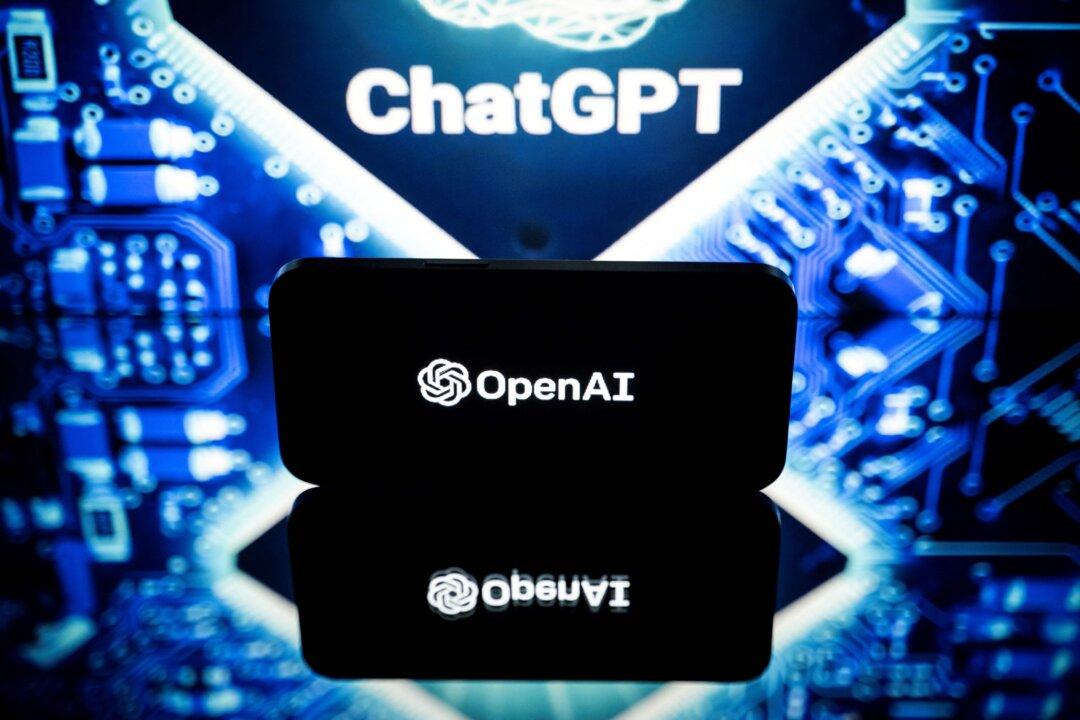AI chatbot ChatGPT’s responses to medical queries scored higher ratings compared to human responses, according to a new study. However, researchers raised concerns that the mechanization of such activities could take away the feeling of human support.
The study, published in the JAMA Network journal on April 28, involved researchers randomly selecting 195 questions from a public social media health forum to which a verified physician had responded. ChatGPT was fed with these questions and the AI generated its responses. Researchers submitted the original questions as well as randomly ordered responses from the verified physician and ChatGPT to a team of three licensed healthcare professionals. The trio compared the responses based on “the quality of information provided” and “the empathy or bedside manner provided.”





